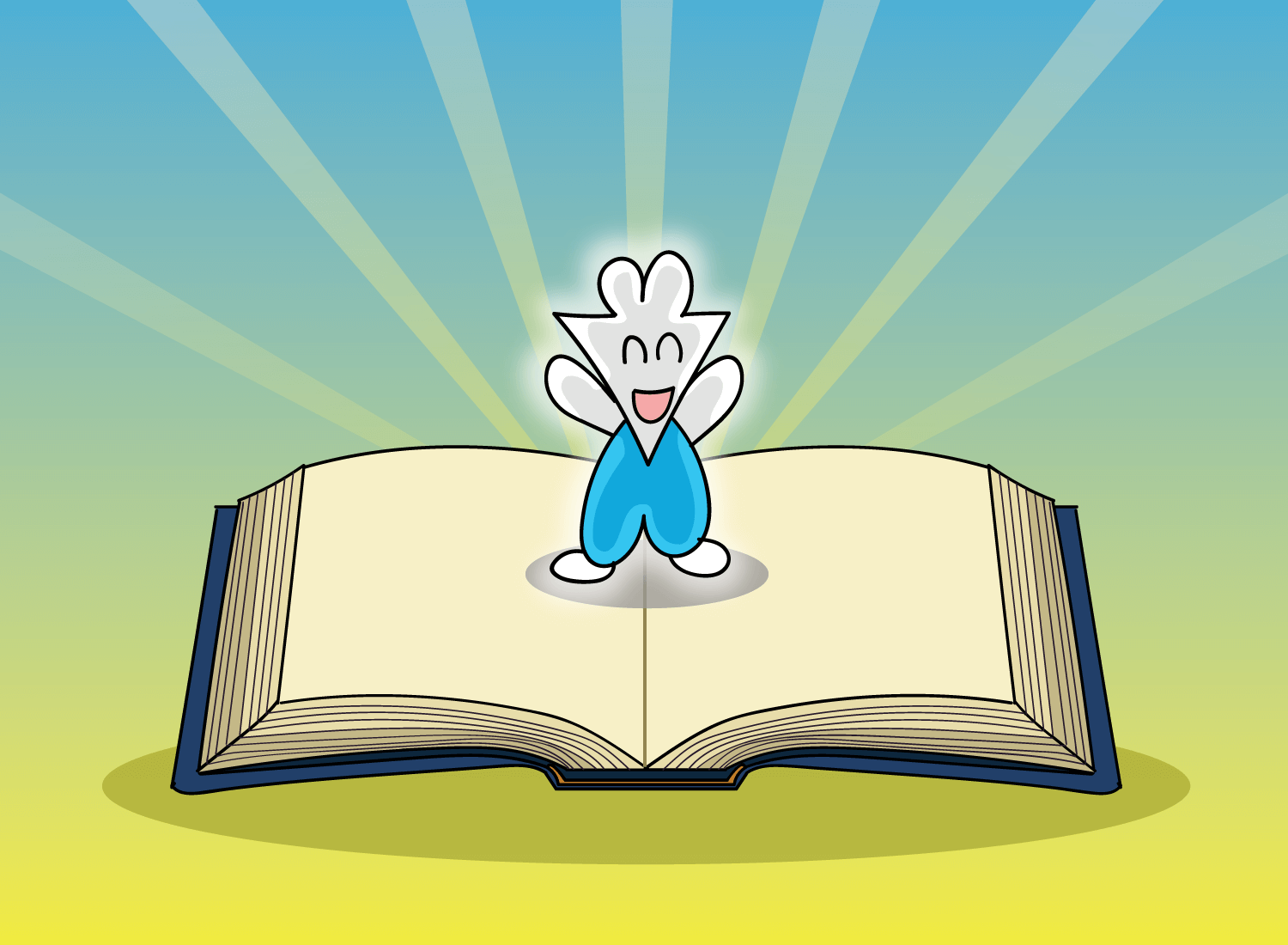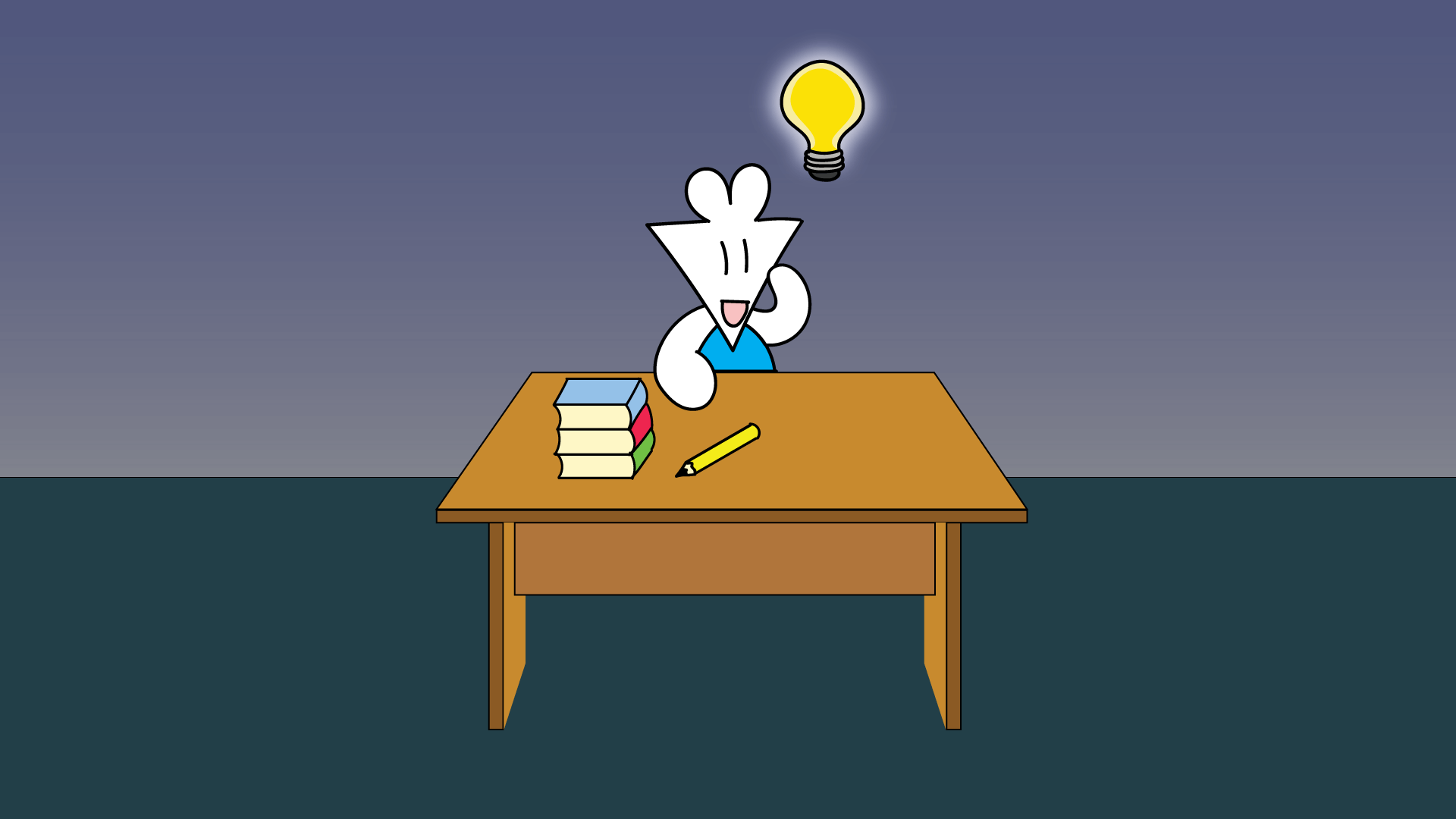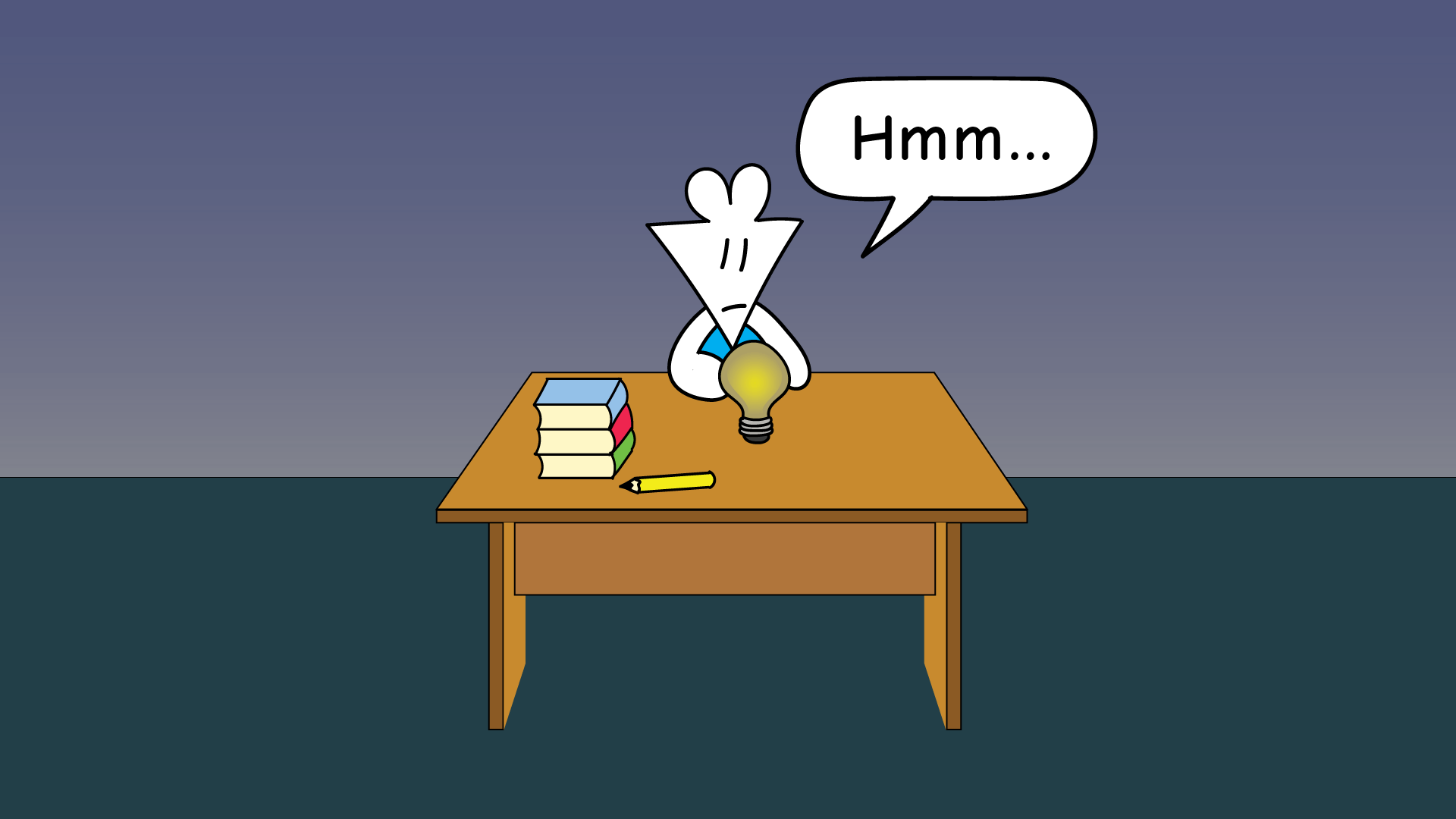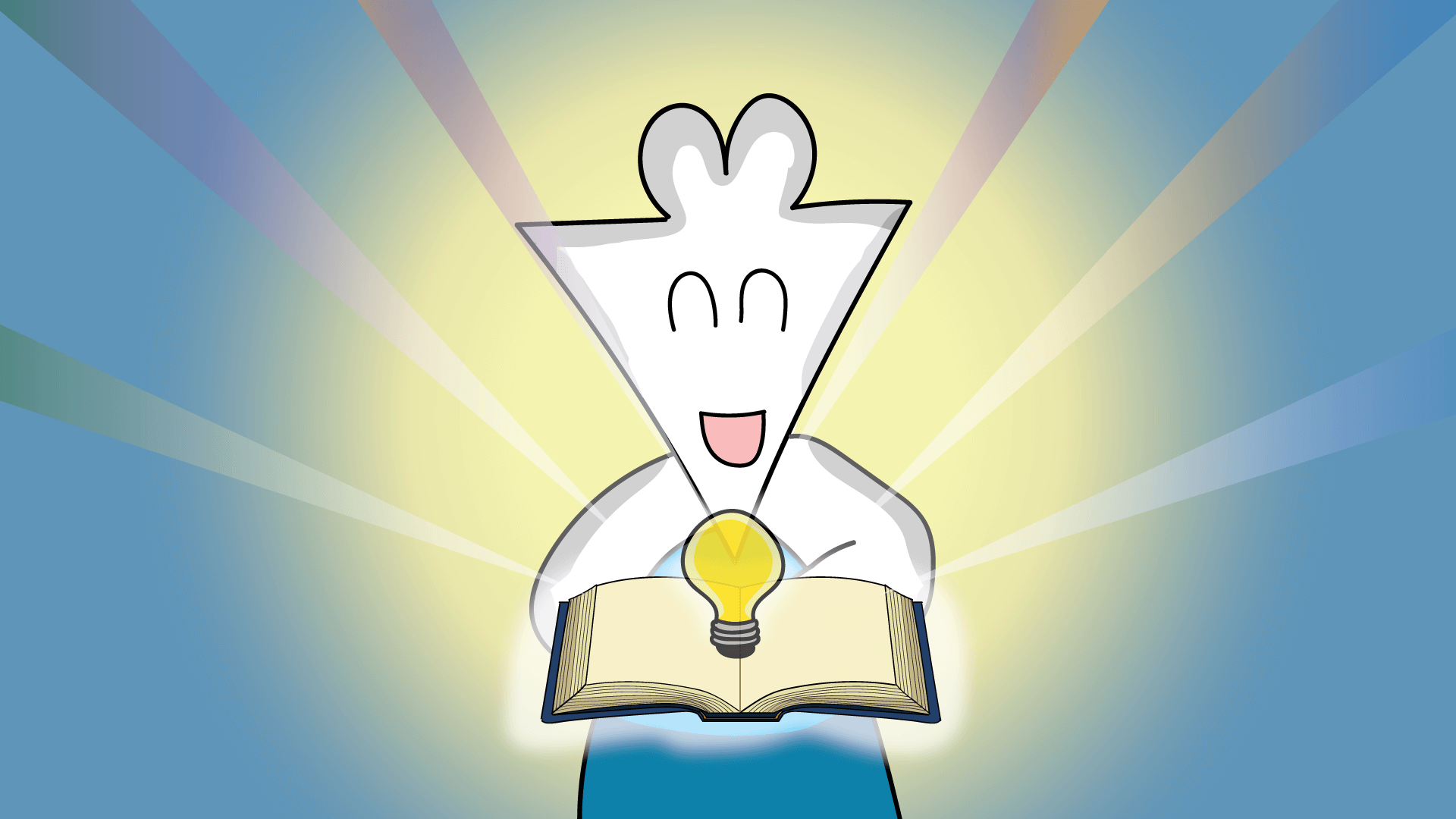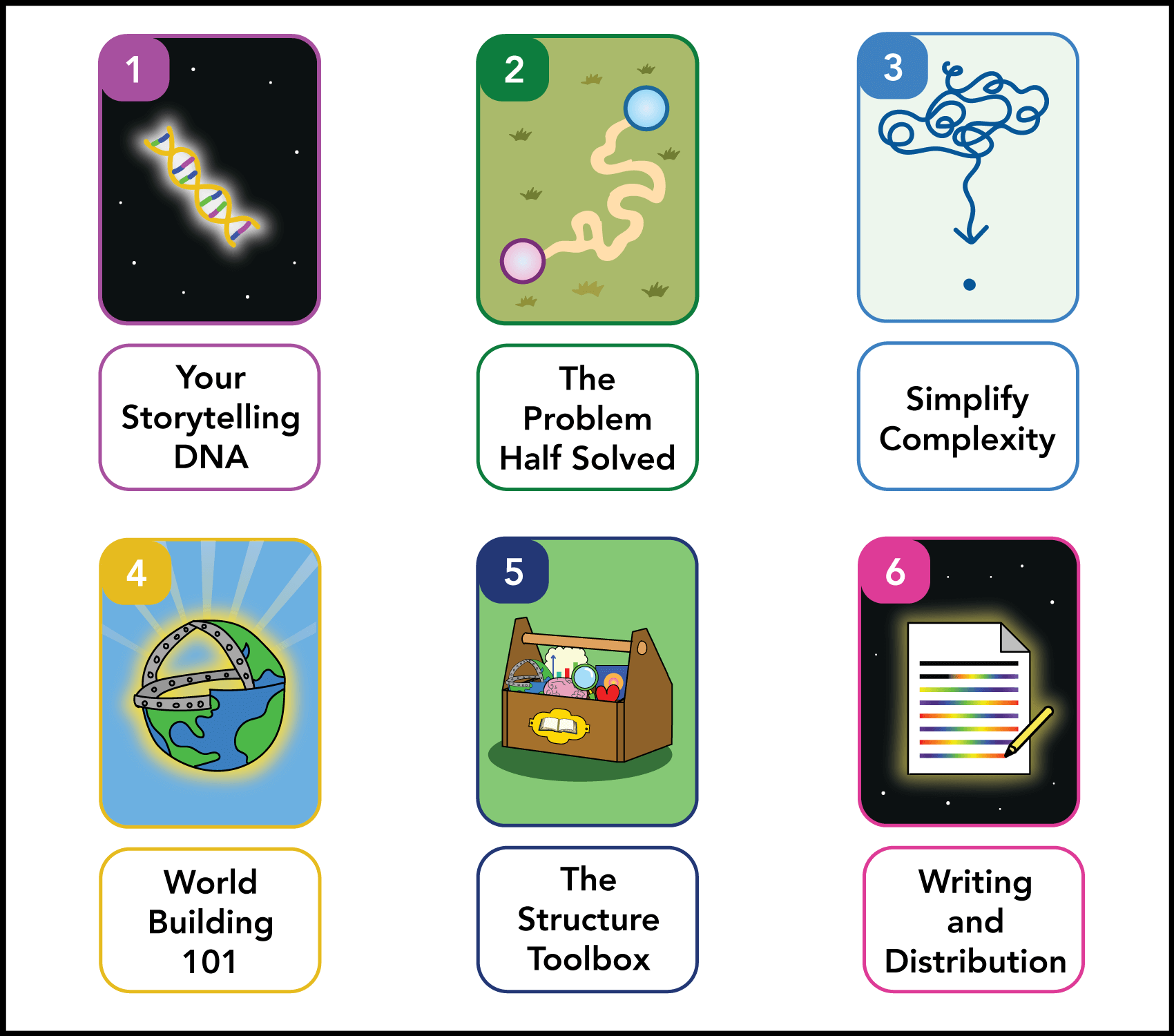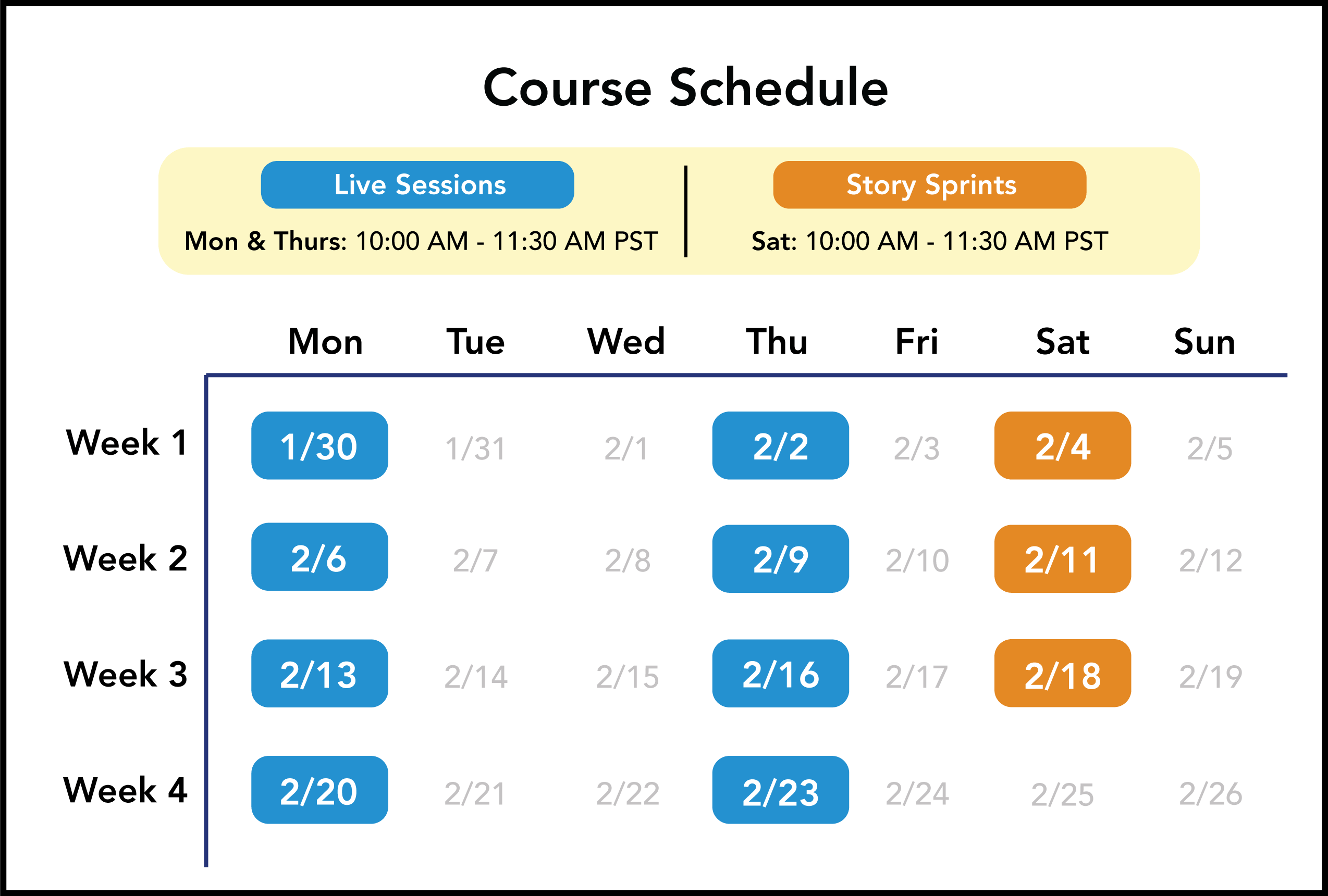Thinking In Stories
Transform your ideas through the art of storytelling.

As a curious person, you have a lot of ideas:
While it’s great to have all this knowledge, there’s a big problem you keep facing:
You’re not sure how to communicate these ideas effectively.
You love sharing your thoughts, but you’re not satisfied with how you’re presenting them.
Perhaps the external response you’re getting doesn’t match your level of enthusiasm. Or perhaps it’s coming from your inner voice, saying that you could have framed the idea better.
That’s because an idea on its own is just information. At best, it’ll be a good point to consider, but will quickly fade away from memory. What you really want is the ability to shift someone’s perspective, and to do it in a way that lasts.
As it turns out, there’s only one reliable way to do this:
You have to transform your ideas into stories.
Three years ago, I started More To That to share my stories with people. Since then, my posts have been read 3 million times from almost every country in the world. That still sounds absurd to me, but hey, I’m grateful.
I’ve learned a lot about storytelling over the years, and how it acts as a beacon for your thoughts. The ability to discover the narrative in your ideas is a magnetizing force, and this skill will only grow more valuable with time.
Thinking In Stories is a 4-week long course that shares everything I know about the craft.It will show you how to identify your best ideas, connect them together, and package the result into great stories that showcase your unique voice.The courseis now open for enrollment.
Thinking In Stories is for anyone looking to share their thoughts in novel ways. Writers, entrepreneurs, YouTubers, marketers, investors, programmers, you name it. Any field where the best narrative wins is a perfect fit.
The journey will be broken down into 6 modules:
Let’s go into the details for each one:
Ideas are abundant, but your perspective is one-of-a-kind.
We will start by determining your unique storytelling DNA through the Levers of Identity. This will help you discover the special place in the Idea Universe that you – and only you – can occupy.
A great story makes you care about a problem as if it were your own.
In this module, I’ll go over the Insight Menu, and the three frames you can use to keep your audience engaged. To make it concrete, I will show you how I used it to create my stories, and you will then build one for your story as well.
Simplification is the purest form of understanding.
I will teach you how to take complicated ideas and make them easy for your audience to understand. We will build analogies and create frameworks to simplify every element of your story. Practical exercises, done together.
This is the most underrated tool in nonfiction storytelling, and you will learn how to take advantage of this big opportunity. In this module, you will create fun characters, learn the Three P’s framework, and build a small world of your own.
Now that you have all the pieces, it’s time to put them together.
You will use the Structure Toolbox to create an effective outline, and will learn how to organize your ideas into a compelling narrative. If you’re not a fan of outlines, I’ve got you covered too.
Writing is the conduit to finding your voice. But like anything worthwhile, it’s hard.
We will go over some best practices I’ve picked up over the years to make the process smoother. You’ll learn about developing a style, selecting a publishing cadence, and writing in distraction-free environments.
Lastly, we’ll walk through two methods of distribution, and how to get your stories to the people that matter.

Course Schedule
Next cohort starts January 30, 2023
Thinking In Stories includes:
I will teach two 90-minute sessions a week for 4 weeks. I’ll go over frameworks and strategies for each module, and will provide live exercises to help you bridge the gap between theory and application.
Every Saturday morning, you will use the Thinking In Stories method to outline a story and create it in one sitting. This is a guided 90-minute exercise where you identify your story’s building blocks, discuss them with your peers, and shape your piece afterward. Think of it as a practical accountability session every week.
At the end of each Monday and Thursday session, I will stay behind and address any questions or comments you may have. The previous cohort said this was one of their favorite parts of the course, and I’m excited to do it again. I’ll stay on and chat about whatever is on your mind.
This is the vibrant storytelling hub that you will live in for 4 weeks. After every session, you will post your reflections in a group Campfire space, where your peers provide feedback and share their thoughts with you. There will also be a private Toolkit you can access, which includes bonus recordings and strategies you can use at any time.
If you’re a visual person (like I am), here’s the schedule in one image to keep things simple:
For the Premium schedule (which includes a bonus session on note-taking and a live Q&A at the end of the course), check out the visual here. The premium sessions will be held at 10:00 AM – 11:00 AM PST.

Alumni Testimonials
We’d hd some amazing alumni, and a few of them are here to tell you about their experience. Click on the highlighted part of each quote to watch a short video of them talking about it.

“I've never, ever taken a course like this before, or come away from an experience with this many tools in my toolkit for the future . . . I’ve never taken a course that helped me understand myself as a storyteller, how to tell stories from cradle to grave, and given me a whole toolbox to keep doing that on my own.”
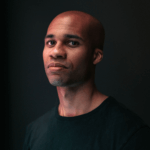
“I can’t explain how special it is to get feedback from folks that are as excited about storytelling as you are. I now have all these connections that I’m making between different pieces of material that I’m bringing into my stories. And those connections only came up because some wonderful person – who I now think might be a good friend for the rest of my life – was able to point them out to me.”

“Lawrence breaks [everything] down into a segmented chunk process, and now I have something to grasp onto, iterate on, and become a better storyteller. That has been the most powerful thing: just me feeling like I can actually do this storytelling thing.“

“Between the unique content and the community aspect, it’s been huge for me. I’ve learned how to take my ideas, put them through frameworks, and then inject story into it. I can frame what I want to say to make people care.“
If you'd like to check out more testimonials from our alumni, you can visit our wall of love.

Choose Your Edition
Next cohort starts January 30, 2023


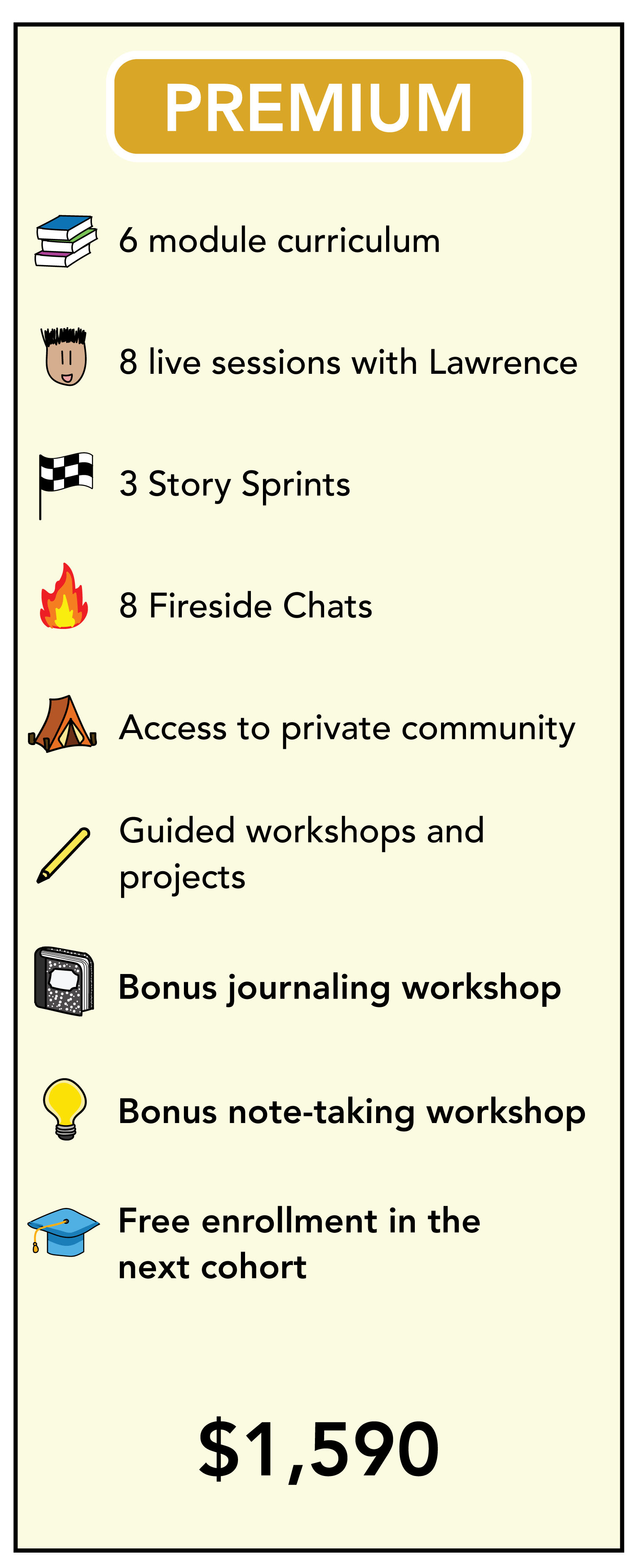

Frequently Asked Questions
Is Thinking In Stories for nonfiction or fiction storytellers (or both)?
Nonfiction storytellers (bloggers, essayists, YouTubers, educational content creators, etc.) will benefit most from this course. However, many of the principles also apply to fiction, especially the modules on simplifying ideas and building worlds. There are all kinds of storytellers in the More To That community, and the course is designed to encompass a range of styles.
Is writing an essential component of this course?
Yes. Writing is critical to storytelling, even if it’s not your medium of choice. For example, a YouTube creator still needs to structure their story into a script. A public speaker has to outline their thoughts into the written word before they hit the stage. Writing is the best way to organize your ideas into cohesive narratives, so expect to do a lot of it here.
What is the weekly time commitment I should expect?
Learning is the marriage of theory and practice, and this guides the way I've structured Thinking In Stories.
The live sessions on Mondays and Thursdays cover much of the theory behind storytelling, and I provide many, many original frameworks and concepts. So at a bare minimum, attending or reviewing these lessons will require 3 hours of your time each week.
But the real learning happens when you put everything into practice.
Every Saturday, there's a bonus Story Sprint session that lasts 90 minutes. It's designed to help you build a story from scratch using the Thinking In Stories method, and each one incorporates frameworks from that week's sessions. In addition to these, you can expect to add an extra 1-2 hours to work on your assignments for the week.
So here's the quick breakdown:
Minimum weekly commitment - 3 hours
"I want to get the most out of this" weekly commitment - 6-7 hours
The timing of the live sessions is inconvenient. Should I still take this course?
The answer is yes if you can commit to watching the recordings on your own time. This course has been designed so that you can complete the workshops and assignments if you carve out dedicated time to do so. You’ll miss the in-session discussions, but you can participate in discussions on the Story Campground, which is the forum where you’ll be sharing reflections and feedback on your stories. In addition, there’s also the Story Buddies program, where we’ll pair you up for a 1:1 chat with another student. We’ll try our best to match you based on location and time zone.
We also offer Saturday Story Sprints, where you can create a first draft of your story in one focused sitting. Since it’s on the weekend, perhaps you'll have the flexibility to attend them.
What's the full difference between the Essential edition and the Premium edition?
Both the Essential and Premium editions receive:
- 6-module curriculum
- 8 live classes over Zoom
- 3 Story Sprints
- 8 Fireside Chats
- Access to the Story Campground forum
- Guided workshops and projects
Premium students receive the following additional benefits:
- A bonus session on note-taking, where I will go through my system and the tools I use
- An intimate Q&A session at the end of the course to tie any loose ends
- Free enrollment in the Essential edition of the next cohort
Will I learn how to market my work?
We will briefly go over distribution in the final module, but marketing is not a focal point of this course. The most important thing is to understand what it takes to create great stories; after all, an audience forms only when you have compelling stories to share.
Can I pay in installments?
Yes, you’ll have the option to pay in 2 installments for both tiers. Please note that the total price will be higher when paying in installments vs. paying in full.
What is the course forum like? Will you be in there as well?
The course forum is known as the Story Campground, which is the central storytelling hub for our 4 weeks together. This is where you’ll be sharing out reflections around a warm Campfire, providing feedback on story assignments, and watching any recordings of sessions you may have missed.
And for that second question, yes! I’ll be in there, checking out your reflections and seeing what you’re working on. I’m excited to see the stories you create during our 4 weeks together.
I don’t have a website where I publish my stories, nor do I intend to have one. Does it make sense for me to take this course?
Absolutely. You don’t need to have a website, personal blog, etc. to tell stories. Those are just some of the mediums you can use, but if your goal is to become a better storyteller in general, then that’s not dependent on any specific platform.
With that said, you will be asked to share the stories you create with the cohort. That way you can give and receive feedback, which is crucial to refining your abilities as a storyteller along the way. There will be a dedicated space in the Story Campground (the course hub) for you to do that, and you can think of that as “publishing” what you’ve worked on each week.
What's your refund policy?
If you attend all the live sessions, the Story Sprints, do the assignments, and still don’t find the course valuable, then reach out within 7 calendar days of the course start date and I’ll issue you a full refund. I’ll ask for some feedback so I can improve things on my end, but that’s about it.
If there are any other questions you have that I didn't address here, just send me an email at contact@moretothat.com and I will be in touch soon.
I’m confident that this course will shift your identity as a storyteller, and I’m so excited to share it with you. If you’re ready to transform your best ideas into captivating stories, I’d love for you to join me in this experience.
Talk soon,
Lawrence
